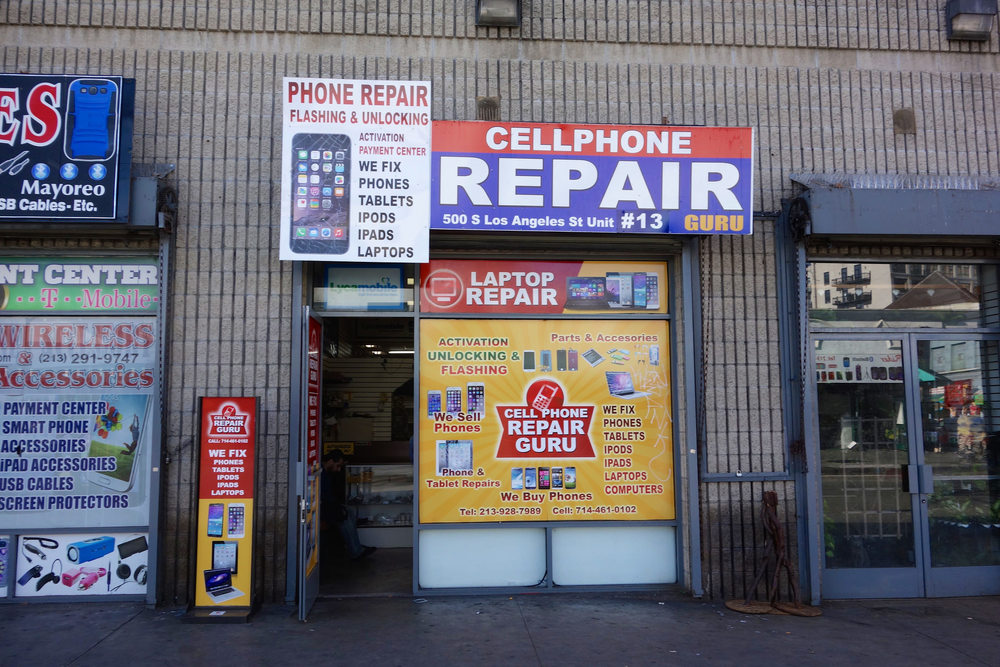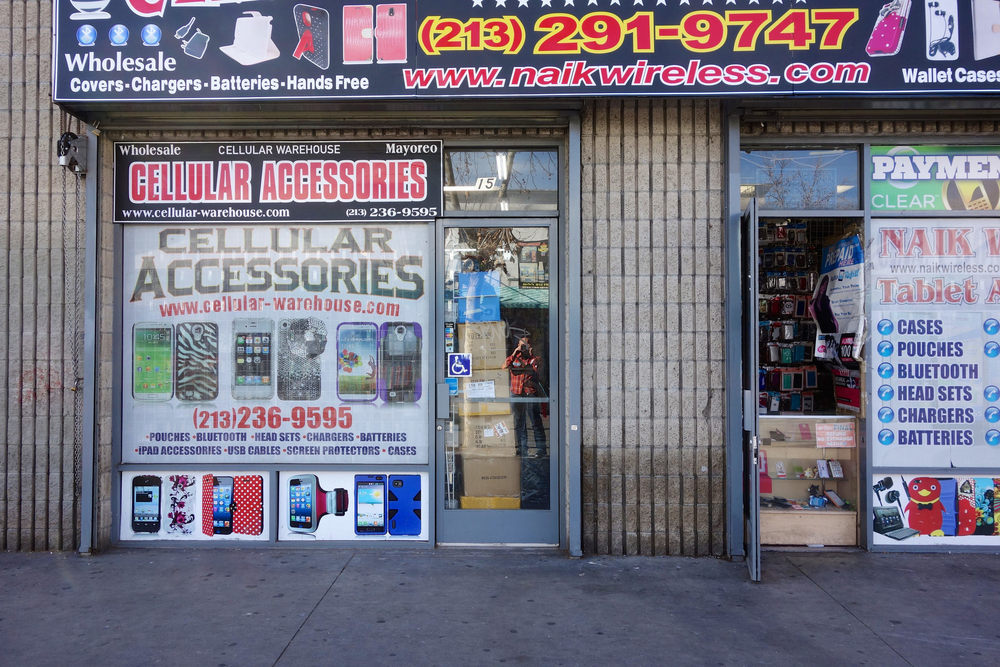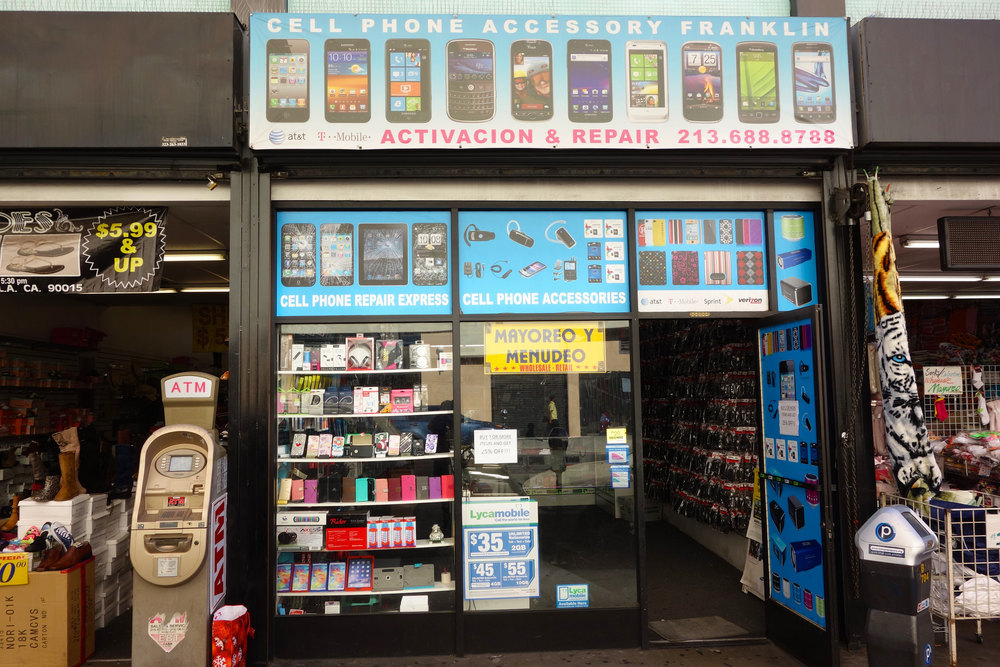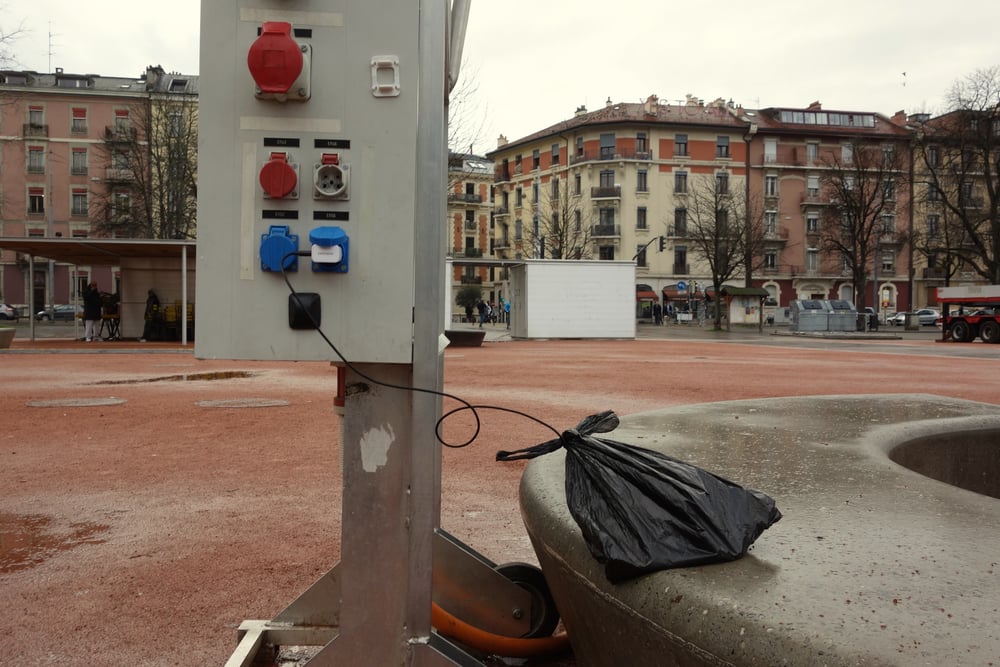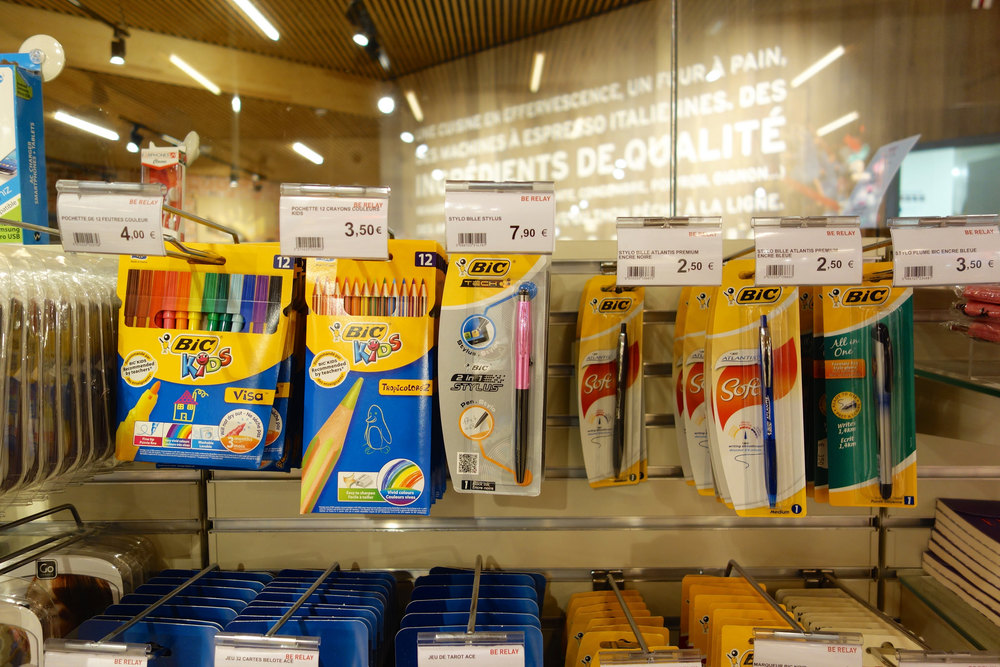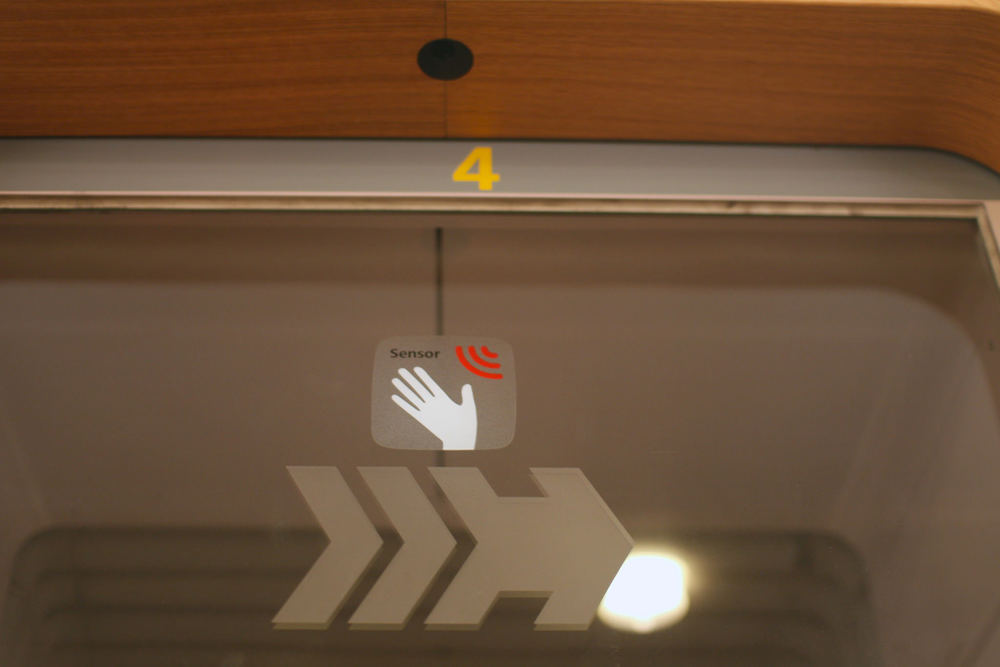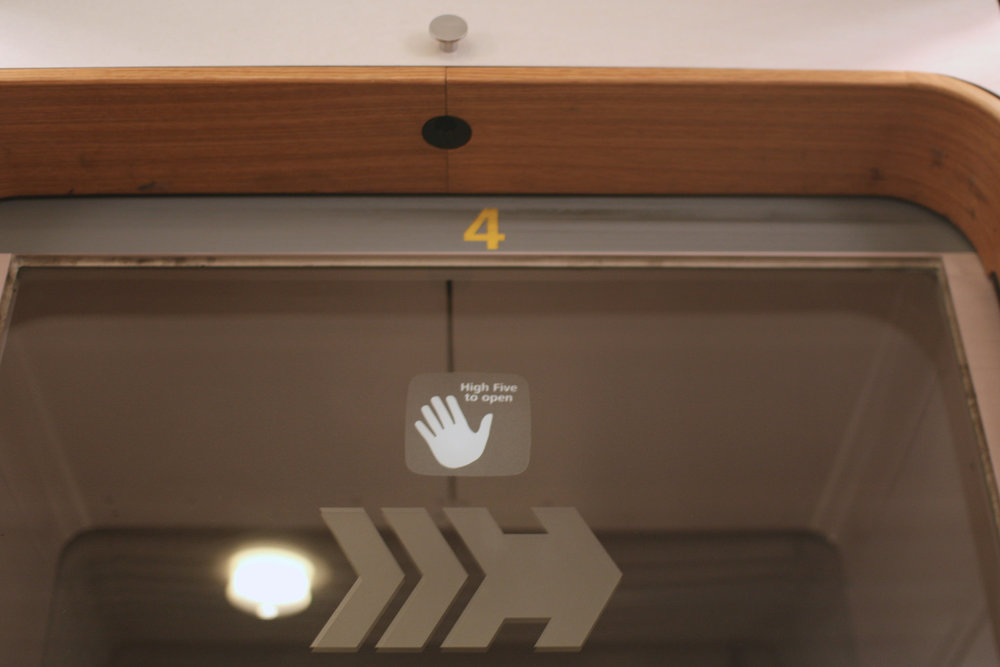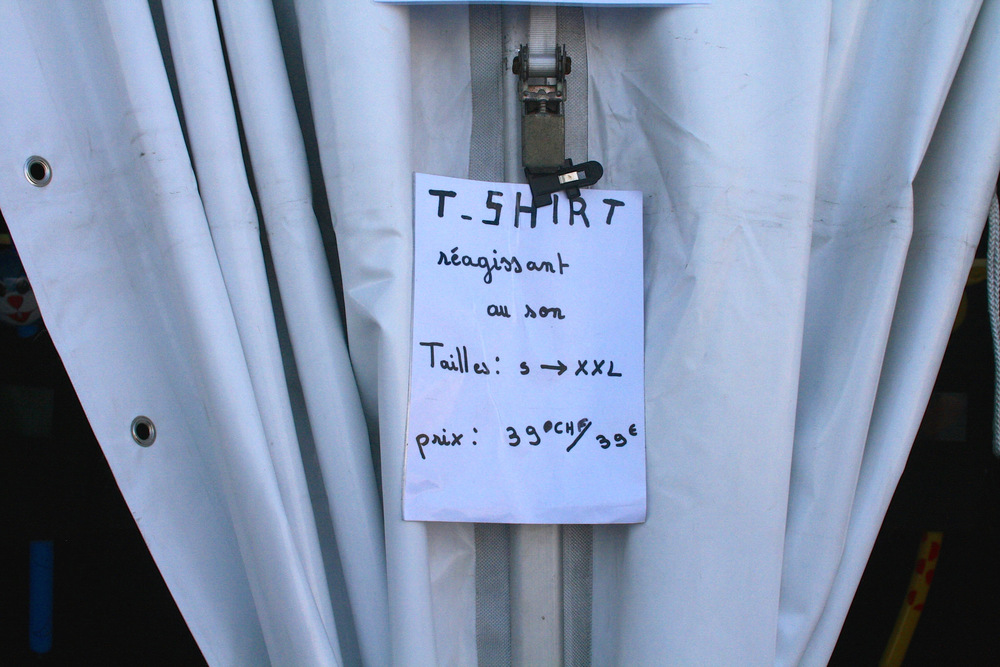Here’s a list of services offered in an AC-intense mobile phone repair shop in Trinidad (Cuba): "desbloqueo decodificatión y liberación de celulares, código de usuario, cambio de idioma, cambio de frecuencia, reparación de software (flasheo), reparación de celulares Chinos, reparaciones generales de hardware (display, flex, táctiles, bocinas, micrófonos, régiment de carga), eliminación de humedad a móviles, instalación de aplicaciones, actualización de sistema Android, actualización de sistema IOS, configuración del coreo nauta, información et asesoria gratuitas."
A rather broad and interesting inventory. Some of the services can generally be fond in this type of shop ((I regularly visit these stores while traveling here and there )); unlocking the SIM card and change components (speaker, microphone ...) in particular. I also understood "eliminación of humedad has móviles" is not related to the climatic constraints of moisture as one might think, but rather to the fact that many people, there as elsewhere, seems to drop the phone in the water 📱💦. The other services are less common : assistance with phone configuration (language, messaging software, update OS) or app installation. The precision concerning the Chinese mobile phone repair is obviously intriguing too.
Basically, this type of store is not very different from those I have just a few meters from my home in Geneva. However, Cuba has many other shop/counters/garage/apartment????) offering repair services for all kinds of other artifacts : for automobiles of course (from 1951 Plymouth to the latest Audi), electro-mechanical watch/clock, garden and kitchen hardware, bikes, etc.

Plastic and metal parts sold on the street in Trinidad.
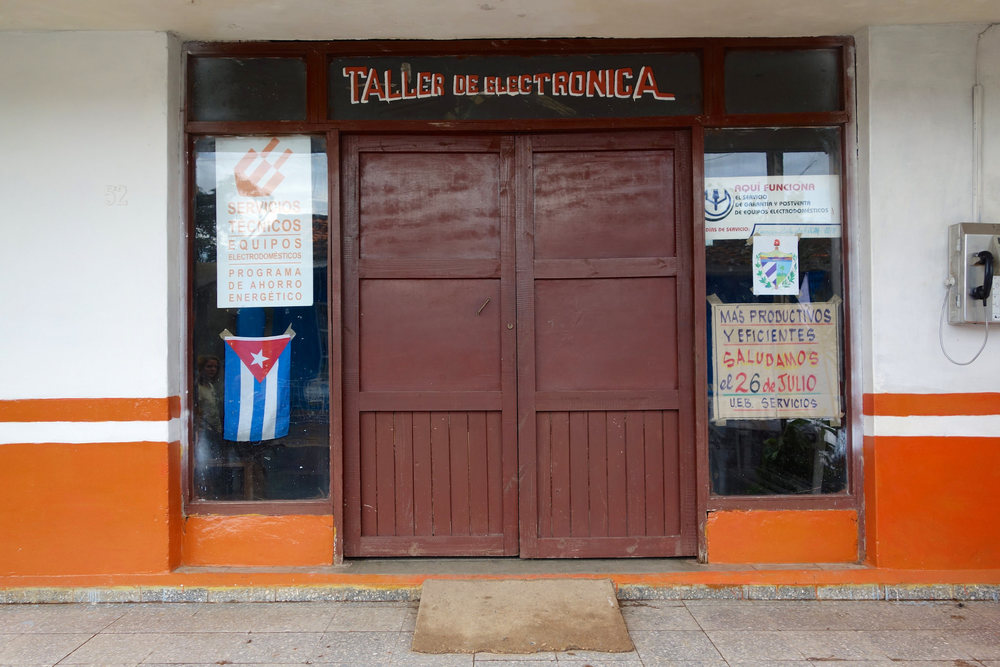
Electronic shop in Viñales.
Given the difficulty to acquire property on the island, this is not hardly a surprise, but it reflects a important“repair culture". However, unlike many titles of articles or reference guide saying that a visit to Cuba is a “frozen in time", it is a lively present. With, one the one hand, a variety of technical objects both old and new, not necrotic at all. And, on the other hand, altered artifacts, with more or less recent parts. The best example being the bicitaxi (bicycle taxi) that are certainly rudimentary at first but whose sound consists bluetooth speakers hanging on the ceiling (cardboard, metal or wood) and controlled by a smartphone (iPhone or Android ). Similarly, American cars are certainly old, but the driver may well have a bluetooth headset for phone calls, and a USB key inserted into car stereos with tons of mp3s collected in in music stores delivering content more or less fresh downloaded from the Internet (and potentially via the Paquete Semanal). The government also contribue to this, as attested by the Soviet-like toll arches on Havana highways ... on which fixed cameras read the registration plates (according to our taxi driver) in a very contemporary robot world-readable fashion. This type of arrangement is also not limited only to hardware tinkering, it is found in fact in the service of such design… with Airbnb being available for in some casa particulares (guest capita ) with a payment made through an intermediary in an agency in Miami.
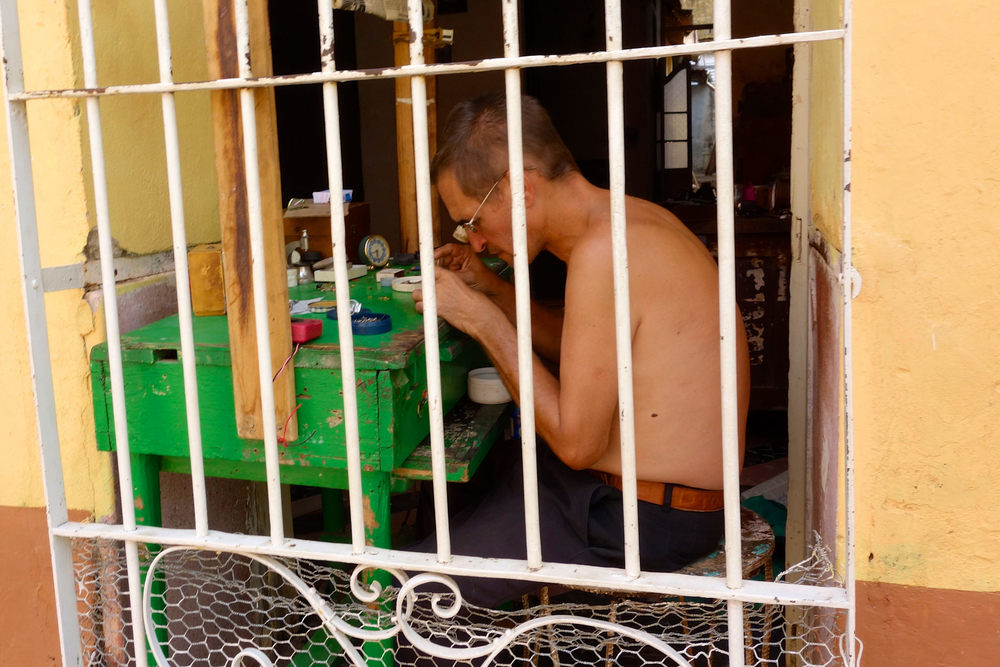
A repairman in Trinidad.
Another consequence of this culture of DIY also concerns the recycling of objects, materials and spare parts from multiple devices. Some examples encountered : along with the inevitable mention of 1950s US cars, I ran across a lawn mower made up of a screw motor metal rods and a small motorcycle tank, a leaf blower assembled with a vacuum cleaner motor mounted on a leather harness and a North American switch, a Lada VAZ-2101 engine placed in the hood of a 1957 Dodge, etc. This kind of bricolage is also described by the anthropologist Sarah Hill in a fascinating article titled "Recycling History and the Never-Ending Cuban Life of Things" ... who goes into more detail on what I describe here. Without idealizing these practices, it would be intriguing to compare this practices with other recycling and repair cultures including Gambiarra described Felipe Fonseca in Brazil.
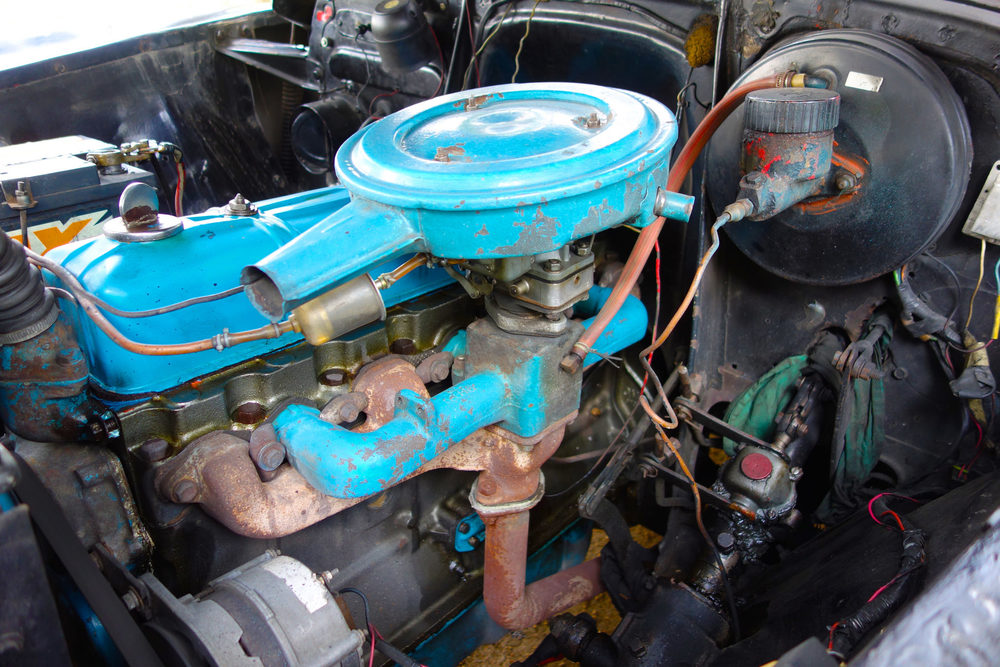
Engine from a taxi car in Habana.
Without offering the same conditions (political, social, technological and other) that the Western world, the island is far from being “frozen in the past” as I’ve seen written here and there. And one can also wonder wether this type of lively hybridization cannot be also considered as our future. It seems reasonable to think that a culture of recycling or DIY could become widespread in the Western world due to the scarcity multiple commodities / rare metals.





